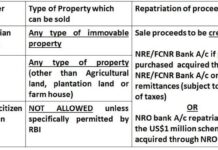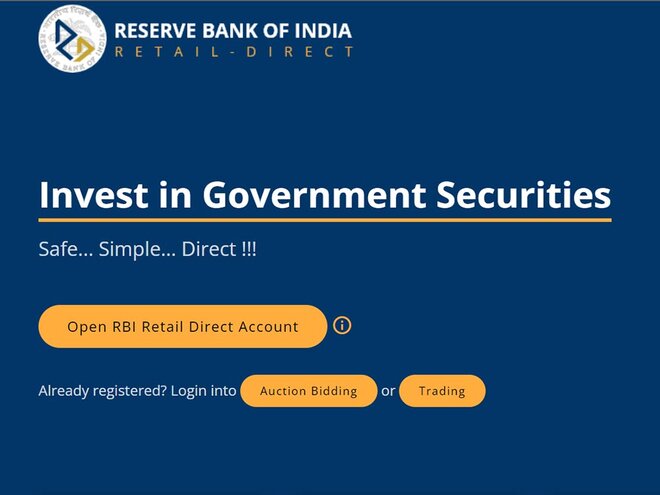
Everything You Want To Know About E-way Bill
E-Way Bill stands for Electronic-way bill. It is an exclusive document or bill, which is generated electronically for the particular consignment of goods from one location to another. The movement of goods can be within the state or from one state to another. The E-way bill is only generated when the value of the consignment is more than Rs 50,000. E-way bill came into effect from 1st April 2018. When e-Way Bill is created, a specific e-Way bill number also known as EBN is given to the supplier, transporter, and receiver of the goods.
Who Should Generate An E-way Bill?
Now that you know what is an e-way bill, let’s have a look at who can produce an e-way bill when goods are moved from one place to another.
Now that you know what is an e-way bill, let’s have a look at who can produce an e-way bill when goods are moved from one place to another.
- Person Registered Under GST
- When a person registered under GST is responsible for the movement of goods as seller or buyer in his or rented vehicle or through government transportation, then that registered person under GST can electronically generate the e-Way Bill using the Form GST EWB 01 on the common portal by entering the information in Part B.
- When a person registered under GST is responsible for the movement of goods and transfer the goods to the transporter who would transport the goods by road. However, if the e-way bill has not been generated by that time, then transporter should generate the e-way bill. The GST registered person will first fill the necessary information associated with the transporter in Part B of Form GST EWB. After that, an e-way bill will be produced by the transporter using the details of the registered person in Part A of Form GST EQB 01.
- Unregistered Person
- When a person who is not registered under GST is responsible for the movement of goods through his or her own vehicle or through the hired vehicle or through government transportation facilities, then the e-Way Bill can be generated by the unregistered person or by the transporter by completely filling the Form GST EWB-01.
- When an unregistered person sells the goods to a registered person and the registered person has known the unregistered person from the beginning of the movement of the goods, then it is considered that it is registered person who is moving the goods. In that scenario, the registered person or the transporter must perform all the formalities associated with the generation of the e-Way Bill.
Advantages of E-way Bill
Involve minimal documentation work
All the documentation work which is required for taking goods out of the state is not needed anymore since the introduction of the e-way bill. Another benefit that can be enjoyed by the transporters is the institution of the RFID device in the conveyance which is used to move consignment. The person who is the in charge of the vehicle does not need to carry physical copies of the bill with him or her, as the RFID device is connected to the vehicle and authorized personnel can verify the e-way bill through that device.
Bring down the transportation cost
E-way bill helps in bringing down the transportation cost. E-way billing method leads to right invoicing procedures. In addition, it also reduces the practice of tax avoidance.
Effective and efficient movement of goods
With the help of an e-way bill, transportation of goods will become more effective and efficient. It will save lots of time and money for all the parties involved in the movement of goods. Given sufficient time, E-way billing method can transform the commercial transportation industry in India. The economy can make optimum use of commercial vehicles and lead to faster movement of goods across the country.
E-way bill comes with user-friendly characteristics
E-way billing systems and platform is very easy to understand and comes with many user-friendly features. You can easily download the e-way bill and it is a very easy task to generate the e-way bill in the official capacity.
Disadvantages of E-way Bill
Lack of sufficient internet facility and speed
In many parts of the country, the internet is still not available with sufficient capacity in order to access it smoothly and uninterruptedly. Lack of proper internet connection at various locations can be a big drawback when it comes to generating an e-way bill.
The difference in opinions of various state about e-way billing system
Every state has a different opinion about e-way billing. Some are welcoming it with open hearts, while some are still concerned about its application and success. Most of the states want to set up their own e-way billing system, which can cause chaos in transporting goods from one state to another.











